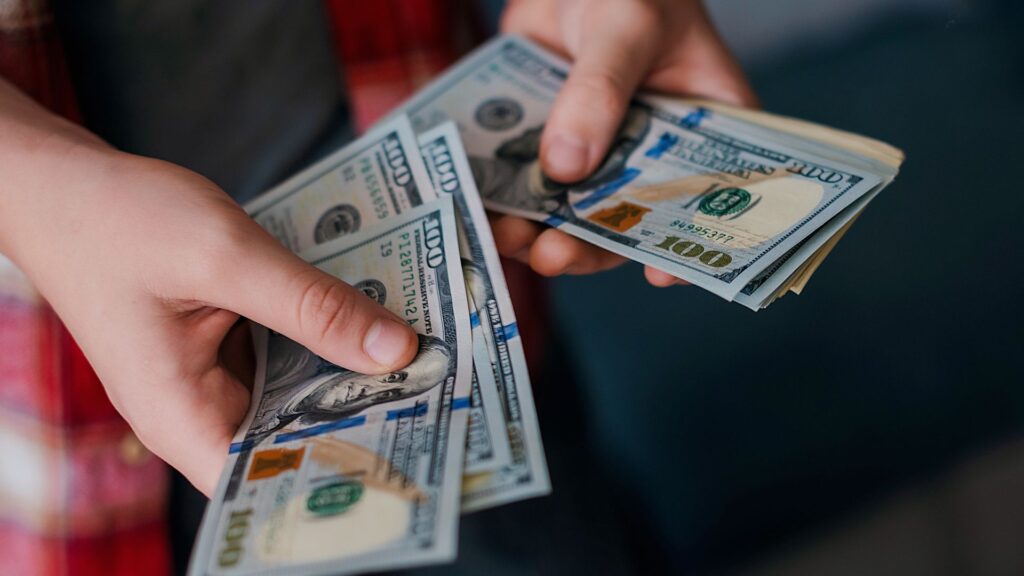Federal authorities discovered tens of thousands of dollars in Southern California they believe is tied to a Mexican cartel. Undercover officers there watched Jiayoung Yu walk into a Chase bank and hand over $100,000 in cash, prompting them to notify federal agents about the large deposit.
Yu, a Chinese national, was already on to another bank before authorities could step in. Federal prosecutors say the network Yu belongs to allegedly splits up deposits into various banks across the Los Angeles area.
A nationwide scheme
Banks nationwide are increasingly caught in the middle of these schemes, as money launderers conceal their identities and often recruit unsuspecting students or business owners to move the cash.
“U.S. banks are a prime candidate for exploitation, and there are vulnerabilities which Chinese money brokers have been able to take advantage of over the course of many years,” Frank Tarentino of the U.S. Drug Enforcement Administration told The Wall Street Journal.
North Carolina banks saw this firsthand when, according to authorities, a Chinese network allegedly set up fake companies between May 2022 and April 2024. That group is accused of funneling $92 million through branches of Chase, Wells Fargo and Bank of America across the state.
Banks face penalties
In 2024, TD Bank pleaded guilty to federal violations to resolve the Justice Department’s investigation into a money laundering scheme. TD Bank was responsible to pay $1.8 billion dollars in penalties in order to resolve the case.
Between 2014 and 2023, TD Bank repeatedly failed to fix major weaknesses in its U.S. anti-money laundering program, despite warnings from federal regulators and its own internal auditors, according to court documents. Instead of addressing the growing risks, top executives enforced a strict budget policy that kept spending the same budget year after year, even as profits and risks increased.
Anti-money laundering programs, known as AML, are required by federal law to help banks detect and report suspicious activity. In many cases, underfunded systems and internal pressure to cut costs can create serious blind spots.
Former groups intercepted by federal authorities
According to the FBI, Mexico’s Sinaloa Cartel works with money laundering networks connected to Chinese underground banking. The cartel sends drug profits to these groups, which convert the money into U.S. currency. The funds are then made available to cartel members in Mexico or elsewhere.
In an announcement regarding a federal indictment of 24 defendants in 2024, the Department of Justice said: “The funds that are transferred in China are then used to pay for goods purchased by businesses and organizations in Mexico or elsewhere, such as consumer goods or items needed to aid the drug trafficking organization to manufacture illegal drugs, such as precursor chemicals, including fentanyl.”
A federal indictment alleges that between October 2019 and October 2023, the Sinaloa Cartel moved massive shipments of fentanyl, cocaine and meth into the U.S., fueling a steady flow of drug money. The cartel’s operation reportedly pulled in millions of dollars in cash during that time.
contributed to this report.


